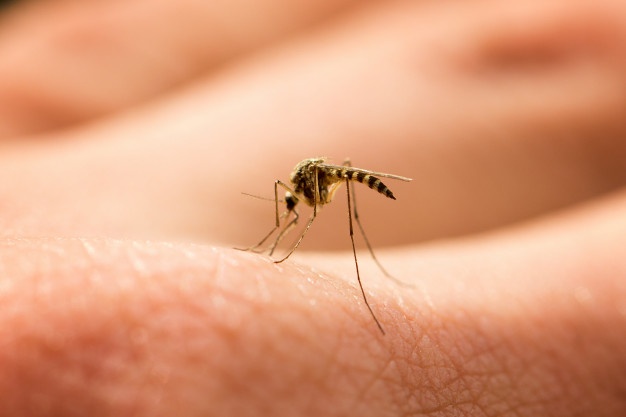Dengue can cause much risk to one’s health and there are several breeding grounds for these dengue mosquitoes. Older people, children, and pregnant women are vulnerable.
Dengue is one of the most important mosquito-borne arboviral diseases in the tropics. It is caused by a flavivirus, transmitted by the bite of the infected Aedes aegypti and Aedes albopictus mosquito, which does breed in clean stagnant water. It is one of the reasons behind rising in dengue.
Malaria, as well as dengue, is rampant during the monsoon. Over the past couple of years, cases of malaria have indeed gone down, but dengue does not seem to abate. Also, the severity of dengue has indeed increased in the past couple of years on account of several factors including the mutation of the virus. 
Why cases are on the rise?
Dengue fever does provide an ideal case study regarding urbanization as well as globalization that does influence infectious disease emergence. Dengue occurs during periods of heavy rainfall interspersed with dry weather. Aedes aegypti happens to be a highly domesticated urban mosquito that does prefer to live with humans in their homes. They feed on humans and lay eggs in artificial containers that happen to be made by humans that are made by humans. It does bite several individuals during a single blood meal.
The areas where dengue mosquitoes breed are automobile tires, plastic containers, drums filled with water, coolers, etc. which happen to be found in the crowded urban environment which is considered to be high mosquito population densities. Dengue mosquito that breeds inside houses has gone up by 27% in the last year and dengue cases within the state have increased by 41% in just one year. Also, rampant authorized, as well as unauthorized construction, has indeed led to the rise in dengue cases. These are some of the reasons behind rising in dengue.
Symptoms
Dengue symptoms are in the form of high fever, severe body ache, headache, rash, conjunctional congestion, and bleeding manifestations.
Groups of people who are vulnerable such as old age people, children, pregnant women and people with comorbidities such as hypertension, diabetes, cardiac conditions, etc may have severe symptoms and a higher rate of complications.
Also read: Tips to Prevent Dengue Fever
Most people do respond to a simple form of measures such as plenty of oral fluids as well as paracetamol for the fever. Non-steroidal, anti-inflammatory drugs such as ibuprofen, diclofenac, etc. need to be avoided as they do contribute to the thrombocytopenia (low platelet count) that is seen in patients. Such measures need to be taken to counter the reasons behind rising in dengue.
It is essential to watch out for warning signs such as unresponsive fever, severe vomiting, abdominal pain, breathlessness, loss of consciousness, bleeding from the nose, mouth, etc and hospitalize such patients.
Precaution is key
Dengue is not contagious and does not spread from person to person. However, febrile patients do protect themselves from mosquito bites as the mosquito can ingest the virus from the patient and also become infective to the next victim. Bleeding in dengue patients is multi-factorial and low platelet count is just one of the causes.
Active bleeding due to thrombocytopenia does occur only when the platelet count is less than 10,000/cm (Normal range 1.5 to 4 lakhs/cm). So a low platelet count need not cause a panic situation, especially if more than 1 lakh/cm. Unnecessary platelet transfusion has its hazards and also creates a shortage of deserving patients.
Dengue can be indeed prevented by averting mosquito breeding in and around the house, by regularly emptying water-filled containers and also avoiding mosquito bites by using mosquito repellants and coils, especially when febrile.
Fevers in monsoons should not be taken lightly and when warning signs are visible, a visit to the physician is important, for hospitalization if necessary. There is no antiviral medicine or vaccine available for dengue as of now.
Also read: Symptoms treatment and Causes Of Dengue fever

